Have a question?

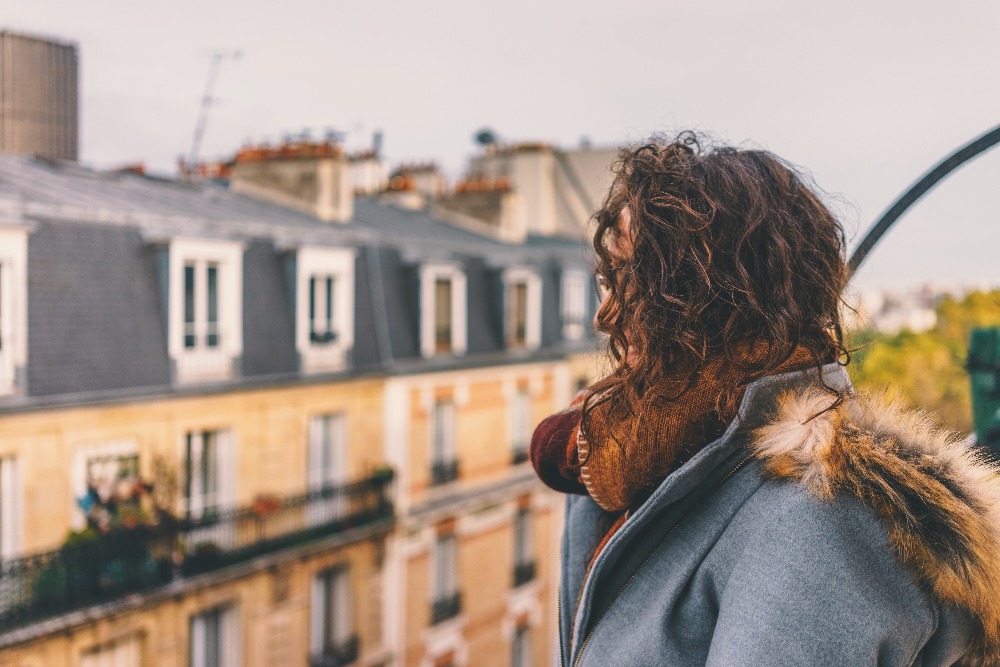
You'll find plenty of fantastic things to do in France. So many, in fact, that it can be hard to know where to begin! That's why we asked some French locals for their input. With their help, we created this guide to 20 things to do in France.
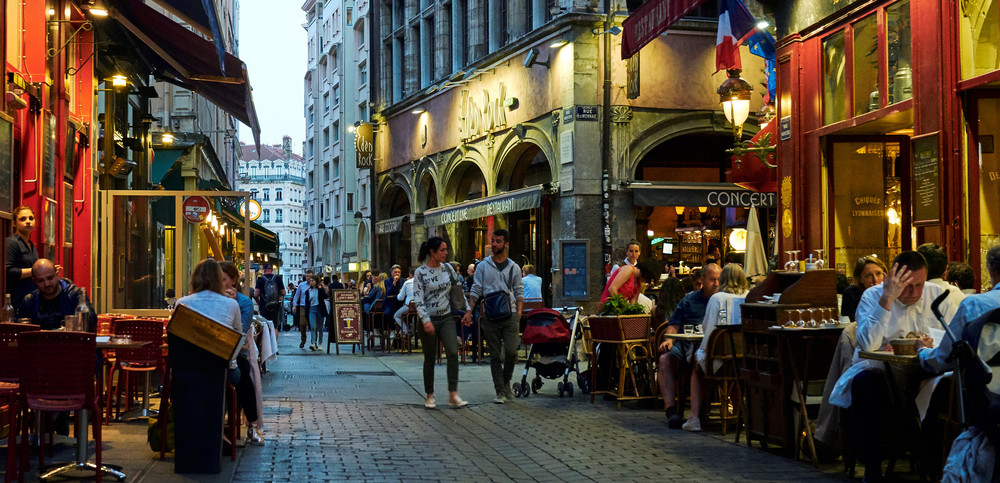
France is obviously known for its cuisine. And locals tell us that Lyon, France's 3rd-largest city, is proud of its culinary reputation. Many consider the city to be the epicenter of French cuisine—it's home to twenty Michelin stars, which is an enormous honor in gastronomy.
Locals tell us you'll find all kinds of restaurants in Lyon, from high-end to the more budget-friendly. Locals say that a traditional Lyonnaise restaurant is called a bouchon. They note you'll find dishes here like duck paté and coq au vin.
Paris’ most famous museum is the Louvre—and it’s so big that you’d need 64 days to see its 35,000 works of art. This grand museum contains some of the most recognizable paintings and sculptures in the world, like the Mona Lisa and the Venus de Milo.
But the Louvre is just one of around 130 museums in France’s capital. Locals note that Centre Pompidou is popular among modern art lovers, and the Musée d’Orsay is filled with modern and impressionist masterpieces.
These are incredible places to visit in France, Locals tell us that the Picasso Museum in Paris is small, but a real joy to explore.
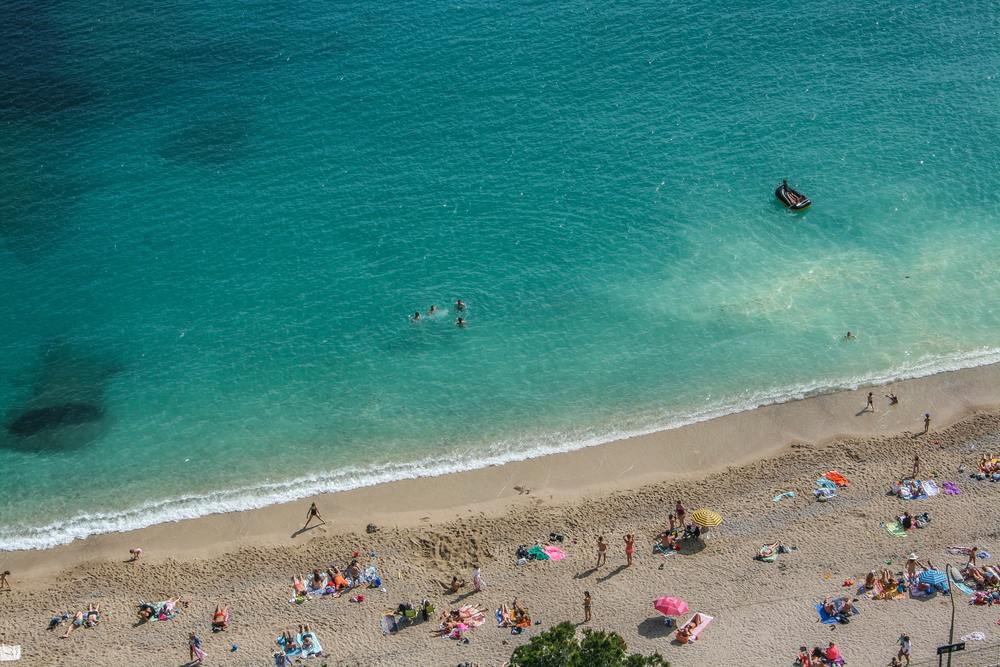
Dream of wading in warm waters? Scaling the Alps? Tucking into French classics like salade niçoise? Then locals say you'll love visiting the French Riveria, and especially its largest city, Nice.
Locals note that you'll find plenty of enchanting French towns here, like Antibes, as well as opportunities to play, like at the Monte Carlo casino. And that's in addition to swimming in the ocean and enjoying fresh French food!
Head straight to the source for the world’s favorite celebratory drink: champagne.
Locals tell us that to be called champagne, a glass of bubbly must hail from France’s Champagne region—anything else is just sparkling wine. Tour this charming countryside’s vineyards and find the fizz you fancy most.
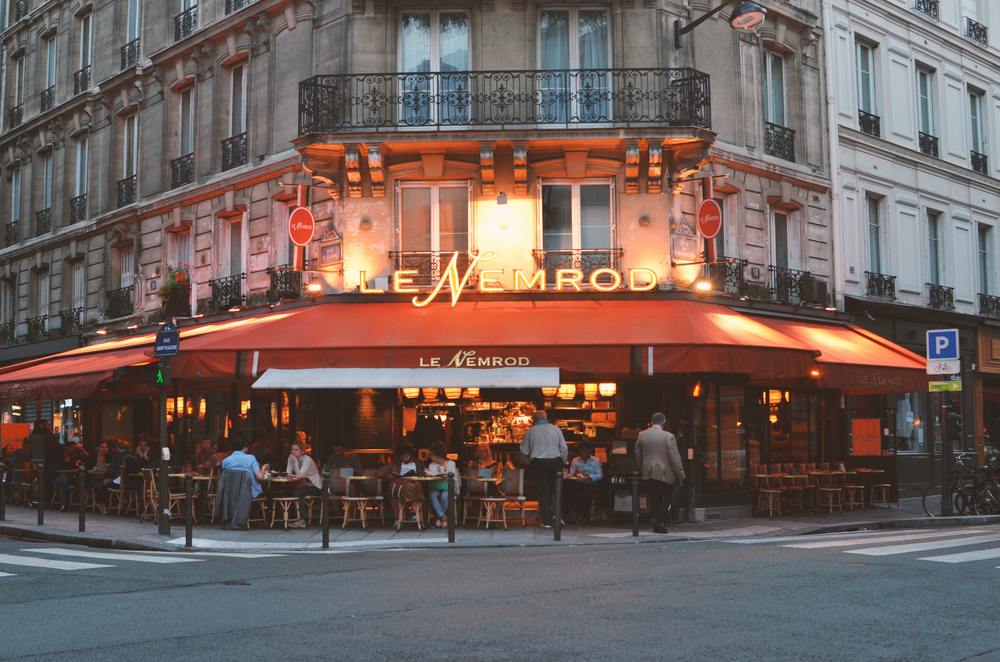
Parisian cafés are the ideal place to observe passers-by—in fact, their tables are arranged for that very purpose!
So order a coffee—or a glass of wine—and enjoy watching people wander through town.
Locals tell us that you'll find cafes with generous outdoor spaces throughout the country—but Paris is an excellent place to visit in France because you'll have a front-row seat to the exciting, endless activity that consumes the City of Lights.
Bretagne (Brittany) juts out into the Atlantic Ocean. Only a part of France since 1532 (a recent addition, given France's long history!), this region abounds with unique culture and fantastic food.
Locals tell us that while here, you need to order a galette, or a savory crepe. Made with buckwheat flour, these are darker in color than the sweet crepes you'll find elsewhere in France. They're usually stuffed with cheese, eggs, or sausages. Locals say you can find them at creperies, or at popular weekly farmers markets throughout the region.
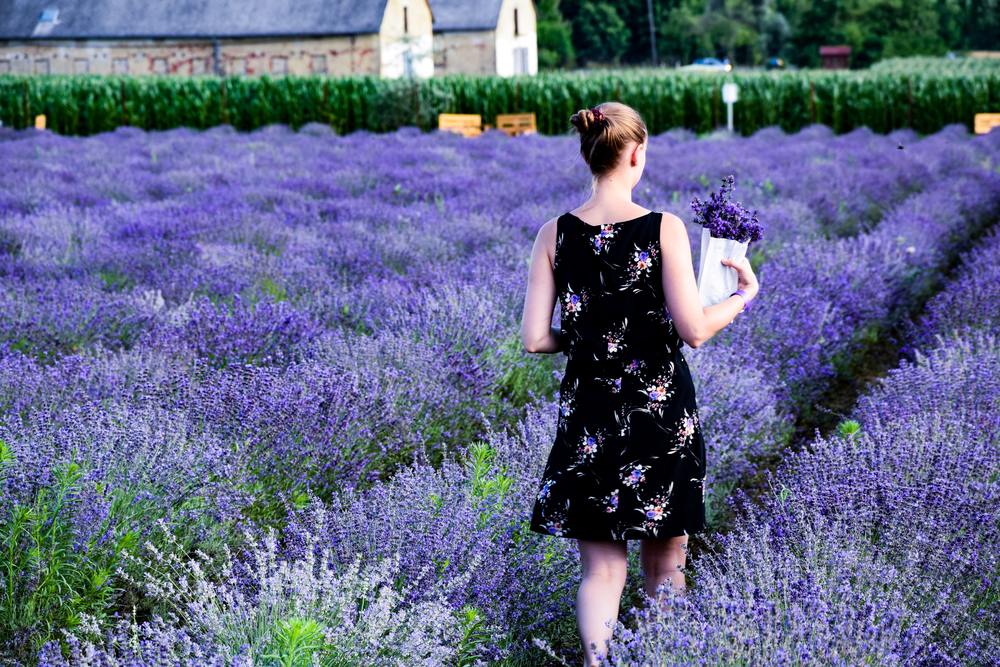
Starting in July, the fields of Provence, in the south of France, burst into lovely shades of purple. It's lavender season!
Locals tell us you'll find tons of small French villages in this region that are surrounded by majestic lavender fields. They note that the town of Sault is especially known for its lavender fields.
Opened for the 1889 World’s Fair, the Eiffel Tower is Paris’ most recognizable landmark. This wrought-iron beauty soars above the city’s streets, and after sunset, it puts on a sparkling show.
Locals tell us that a large grassy park called the Champ de Mars stretches below the tower. Locals note that it's one of the few Paris parks where you’re allowed to sit on the grass. They suggest grabbing a picnic of fresh baguettes, cheese, and saucisson sec (like salami).
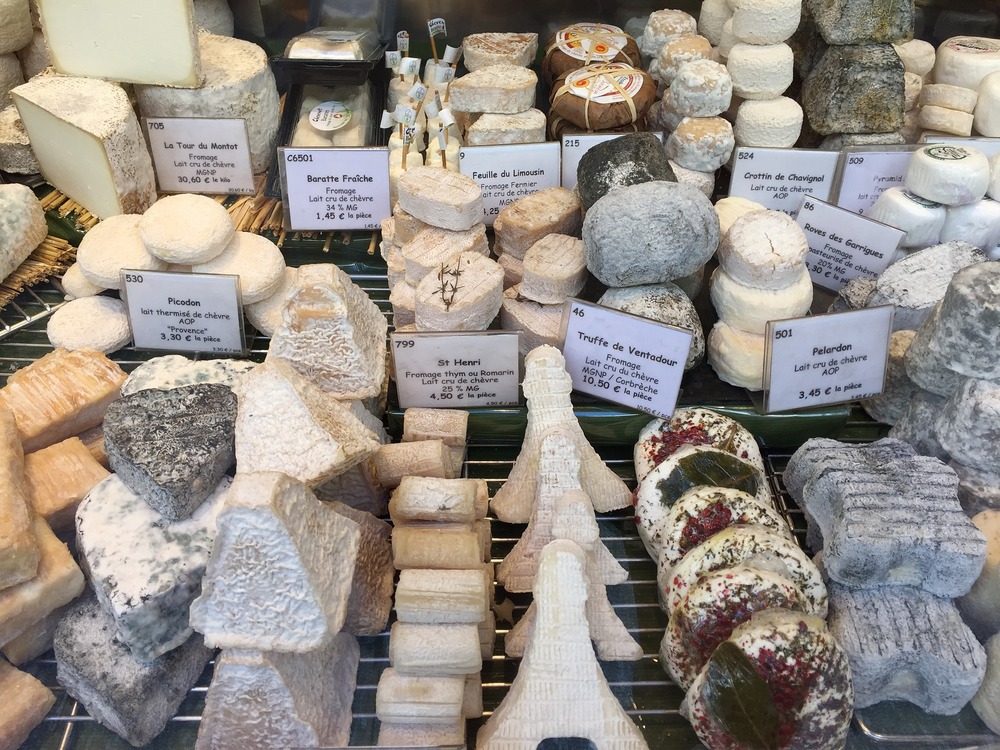
France is famous for its cheese—and rightfully so. Locals recommend looking out for famous names like Brie, Roquefort, Camembert, which are named for the regions they came from.
And be adventurous! You'll find a wide selection of cheese in grocery stores and at farmers' markets, usually for cheap. (Locals tell us you can often buy a small wheel of high-quality cheese for 5 euros.)
If you're looking for an easy day trip from Paris, locals recommend visiting Chartres (about 90 minutes away). Here, you'll find one of France's most majestic cathedrals—Cathédrale Notre-Dame de Chartres, the Chartres Cathedral.
Constructed in the 12th-century, this UNESCO Heritage Site is an incredible example of French Gothic architecture. Locals tell us that stunning stained-glass windows are especially worth visiting.
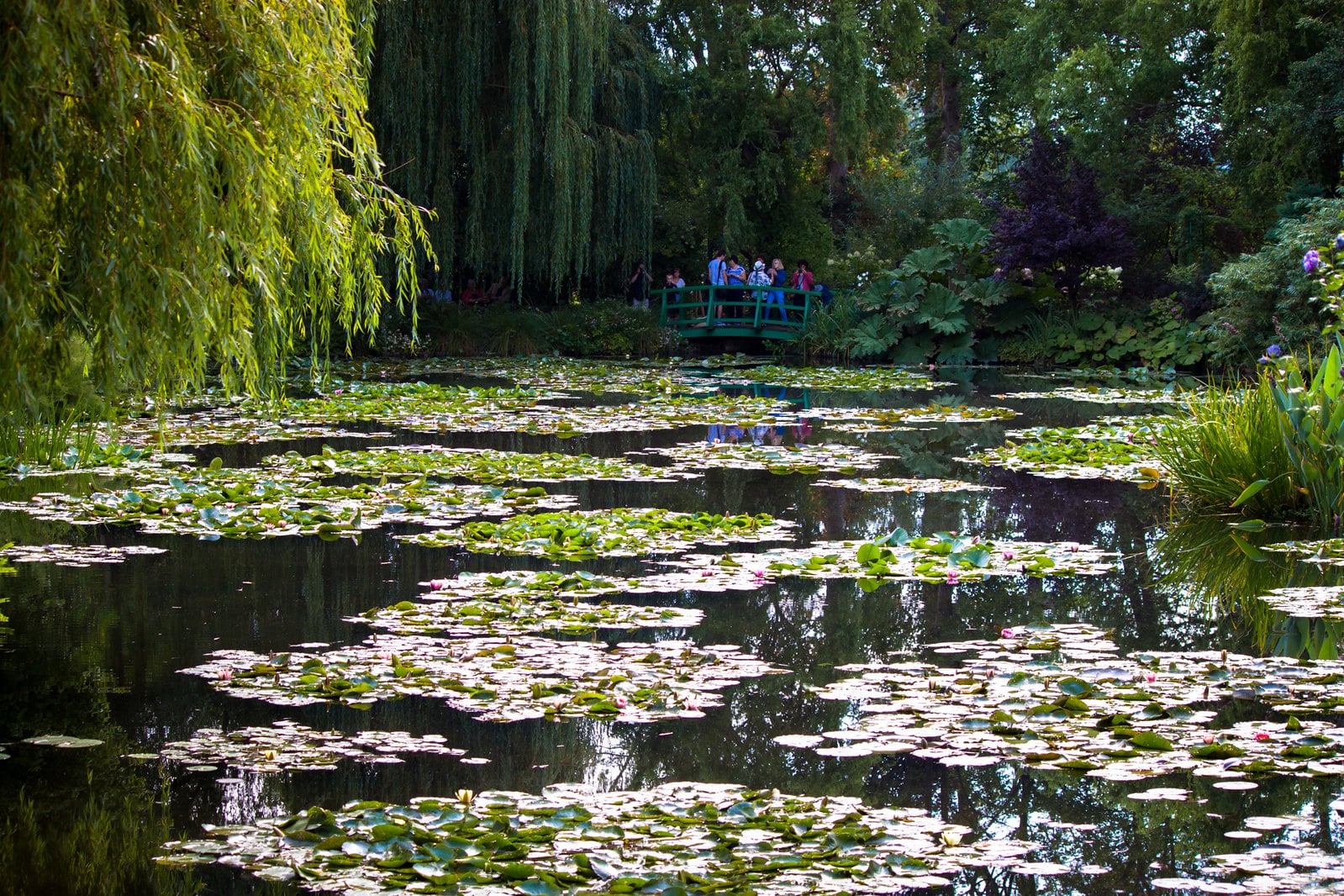
Located in the French region of Normandy, the village of Giverny was once home to the iconic painter Claude Monet.
Monet’s genius plays on light and color is on full display in his beloved large-scale water lilies series. In the Giverny, locals say you’ll feel like you’ve walked right into one of Monet’s masterpieces. They suggest visiting the Claude Monet Gardens to see where the artist planted the inspiration for his greatest artwork.
The river Seine magically twists throughout the heart of Paris. Locals tell us you'll have plenty of ways to soak up the Seine's charm, including hopping on a bateaux mouches. These open-air boats offer a picturesque way to see the city's most famous landmarks.
Don't worry if you lack sea-legs. Locals say you can also enjoy the Seine by crisscrossing the river's many bridges, and by exploring its islands—especially the charming Ile Saint-Louis.
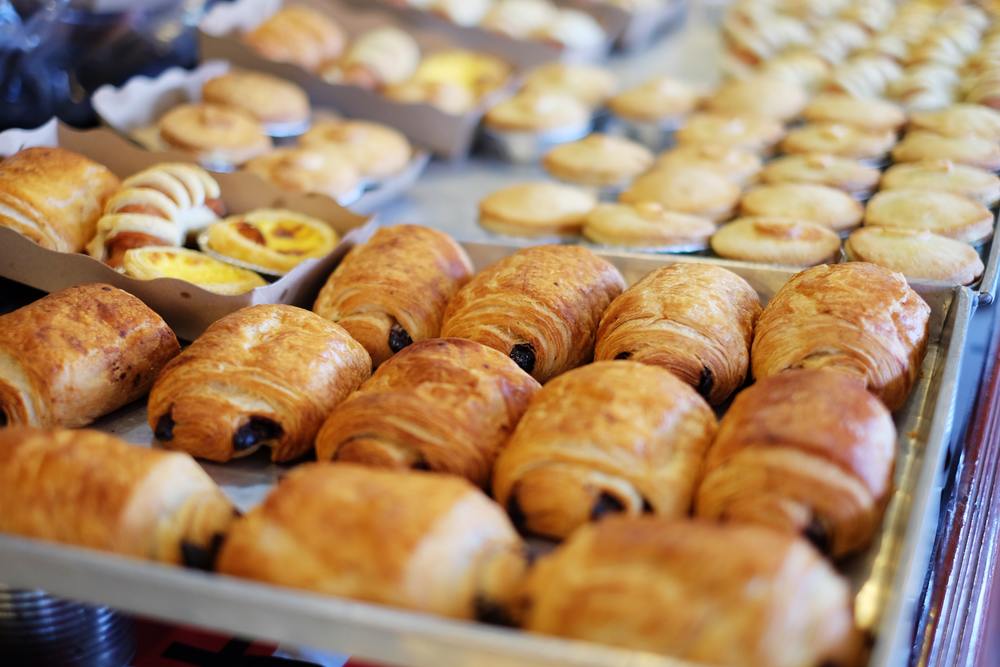
You'll find delicious pastries throughout France. Locals tell us you'll find freshly-made sweets at boulangeries (bakeries) and patisseries (pastry shops). (And at boulangerie-patisseries—a combo of the two.)
As to what to order? We'd recommend tasting something new every day. Locals say that the croissant is always a classic—they also love pain aux raisins (a swirled pastry with raisins), pain au chocolat (chocolate croissant), and the dense, sugary, Kouign-amann.
Montmartre is a neighborhood in northern Paris. Today, it lies within the city’s limits, but it used to be its own village and so retains a certain unique charm.
Locals suggest visiting the narrow cobbled streets of this famed hilltop. Montmartre is also home to the iconic windmill of the Moulin Rouge, where you can still see a high-kicking performance of the cancan.
Wandering through a variety of neighborhoods is one of the top things to do in Paris and Montmartre is a must-visit.
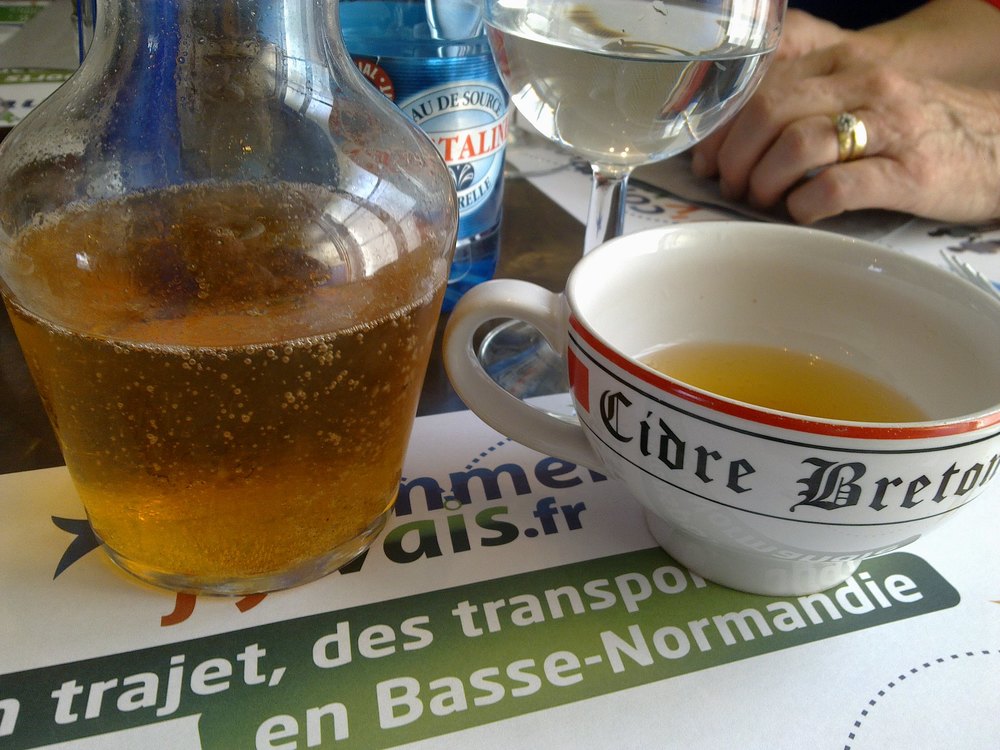
Locals tell us that Normandy, which stretches along France's western coast, is home to three French classics: calvados (an apple-flavored-liquor), camembert (one of France's most famous cheeses), and cidre, hard cider made from local apples and pears.
As you enjoy cities like Caen and Rouen, or explore seaside towns like Granville, be sure to look for cidre on the menu.
Or better yet, go straight to the source. Locals tell us that you can visit a cider distillery, like Le Père Mahieu near Cherbourg.
For years, Paris officials placed a limit on how tall new buildings could be—nothing could surpass 11 stories.
Locals tell us that, as a result, there are few perches from which you can overlook the city.
You can scale the Eiffel Tower or Arc de Triomphe (and battle the crowds) but locals tell us you can seek incredible views off the beaten path. Locals love the funicular to Sacre Couer, which offers a stunning view of the city, and climbing the Tour Maine-Montparnasse.
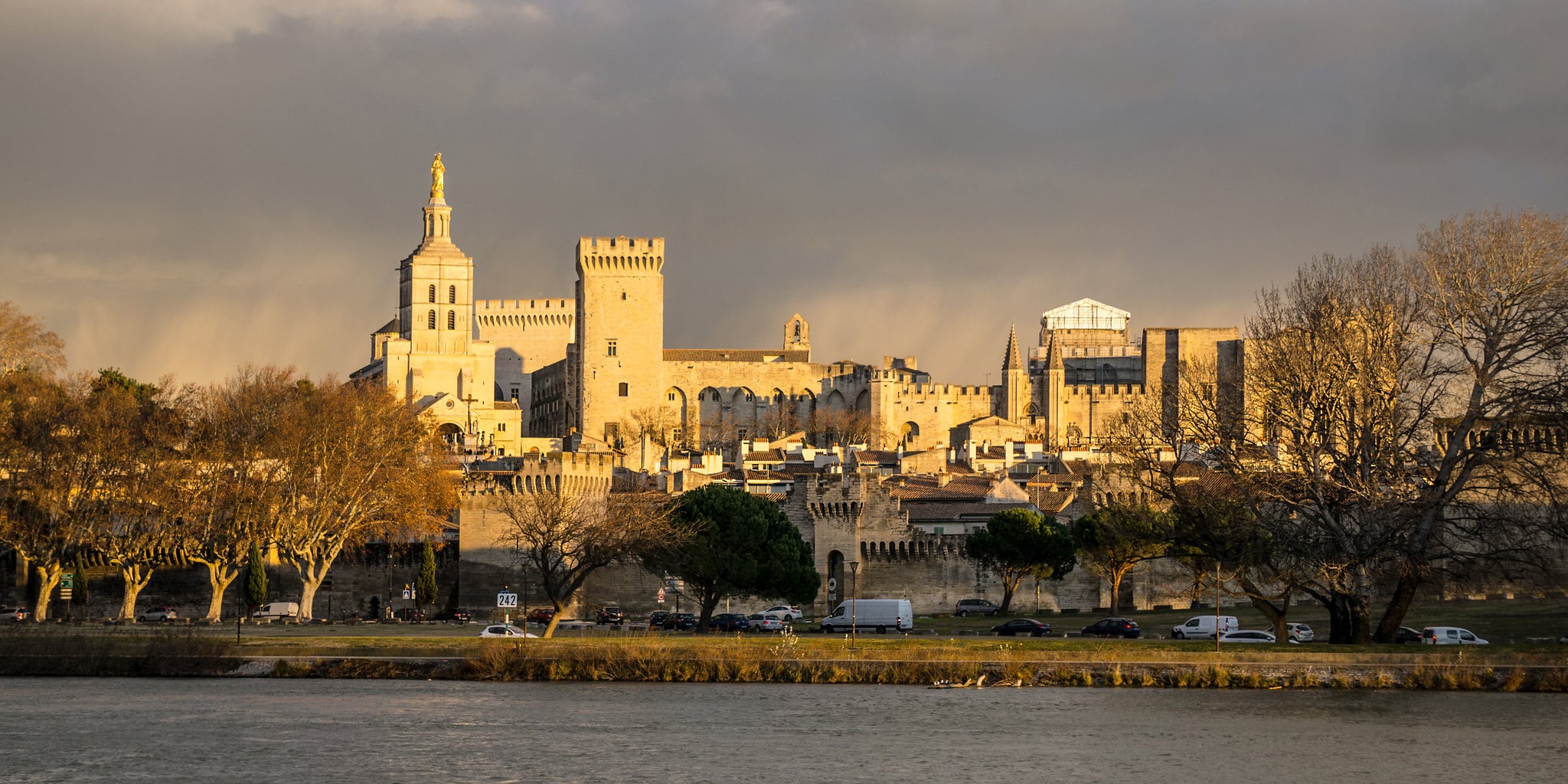
The medieval city of Avignon was once the center of Catholicism; seven popes resided within its walls from 1309 until 1377.
Today, locals tell us that Avignon is a top destination for history buffs. Tour the Palais de Papes, the immense Gothic fortress where the popes lived. Then, traverse the city’s fortified walls to make believe you are back in the Middle Ages—moats and all.
Just outside Paris is the grand gilded palace of Versailles. Built by King Louis XIV in the 17th century, this opulent residence will quickly reveal why France’s lower classes became quite angry at the royal family’s extravagant lifestyle (French Revolution, anyone?). Inside, the palace sparkles with gold-embossed everything, and outside, lush gardens extend as far as the eye can see.
Fun fact: Not to be missed is Marie Antoinette’s hamlet—a fairytale village where the Queen was known to playact as a peasant.
Rome isn’t the only place to find an amphitheater fit for a gladiator. The Romans ruled France until the 5th century, and locals say that Arles is a prime destination for those in search of their legacy. It is home to an ancient amphitheater; built 2,000 years ago for bullfighting, this impressive structure is big enough to hold 21,000 spectators. Additional sites to see are the Roman baths and theater.
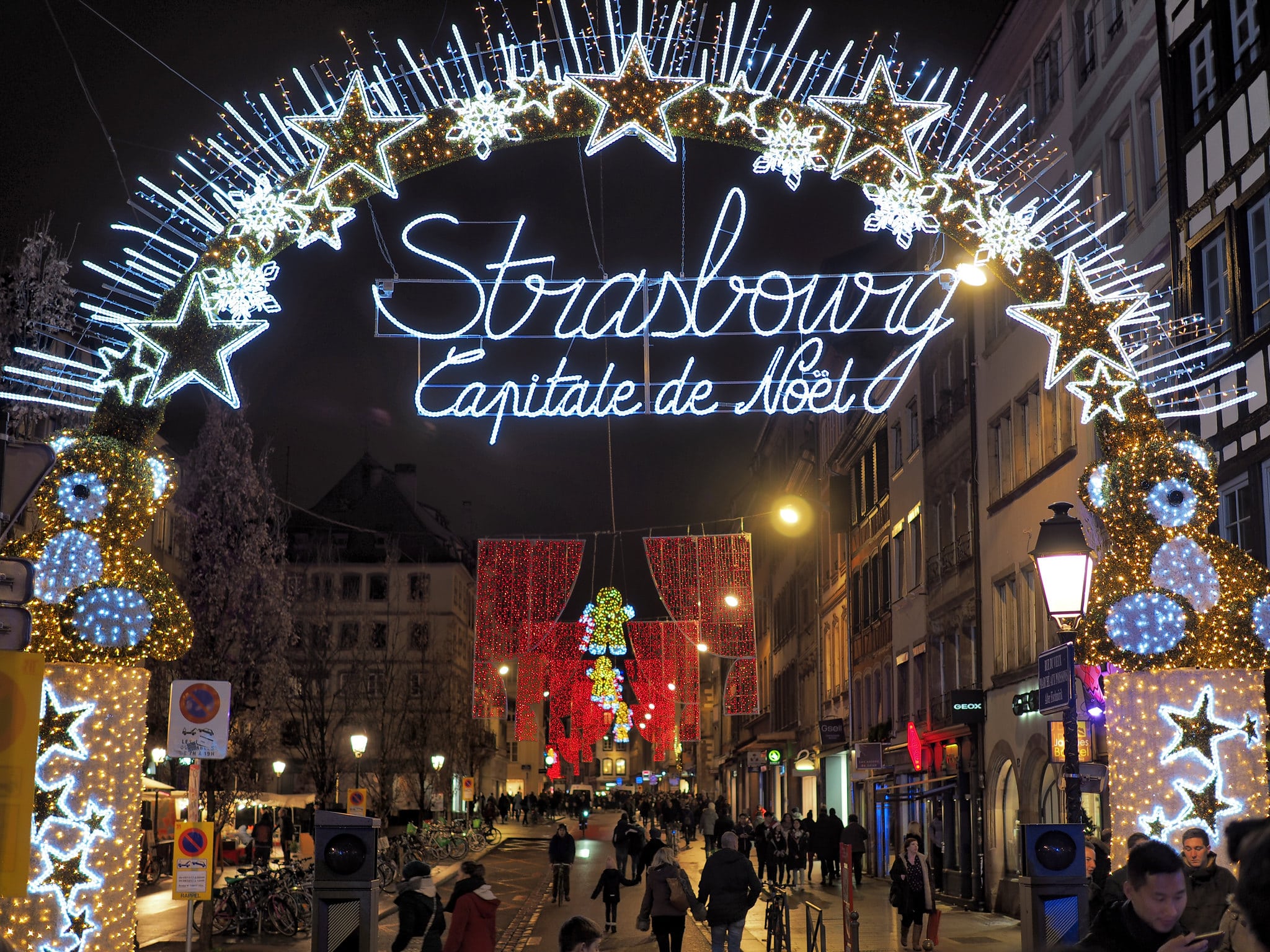
The regions of France are as diverse as the eight countries that border it. The forested hills of Alsace border Germany; and so it’s capital, Strasbourg, has a distinctive German flair. The city’s Petit France Quarter is straight out of a Grimm’s Fairy Tale, with half-timbered houses lining the Rhine river. Strasbourg’s Christkindelsmӓrik is one of the oldest Christmas markets in the world and attracts more than two million visitors each year.
How should we contact you?
Call
Thank you! We'll get back to you as soon as possible!
Click to register and track your question!
If you would like to follow up with us:
+1 (855) 782-3006